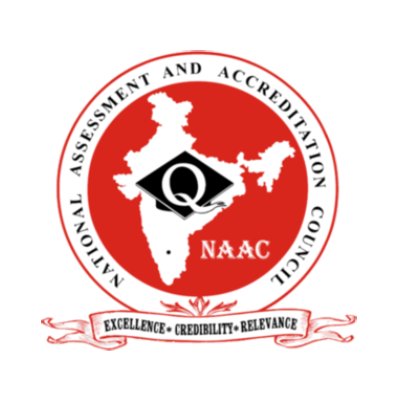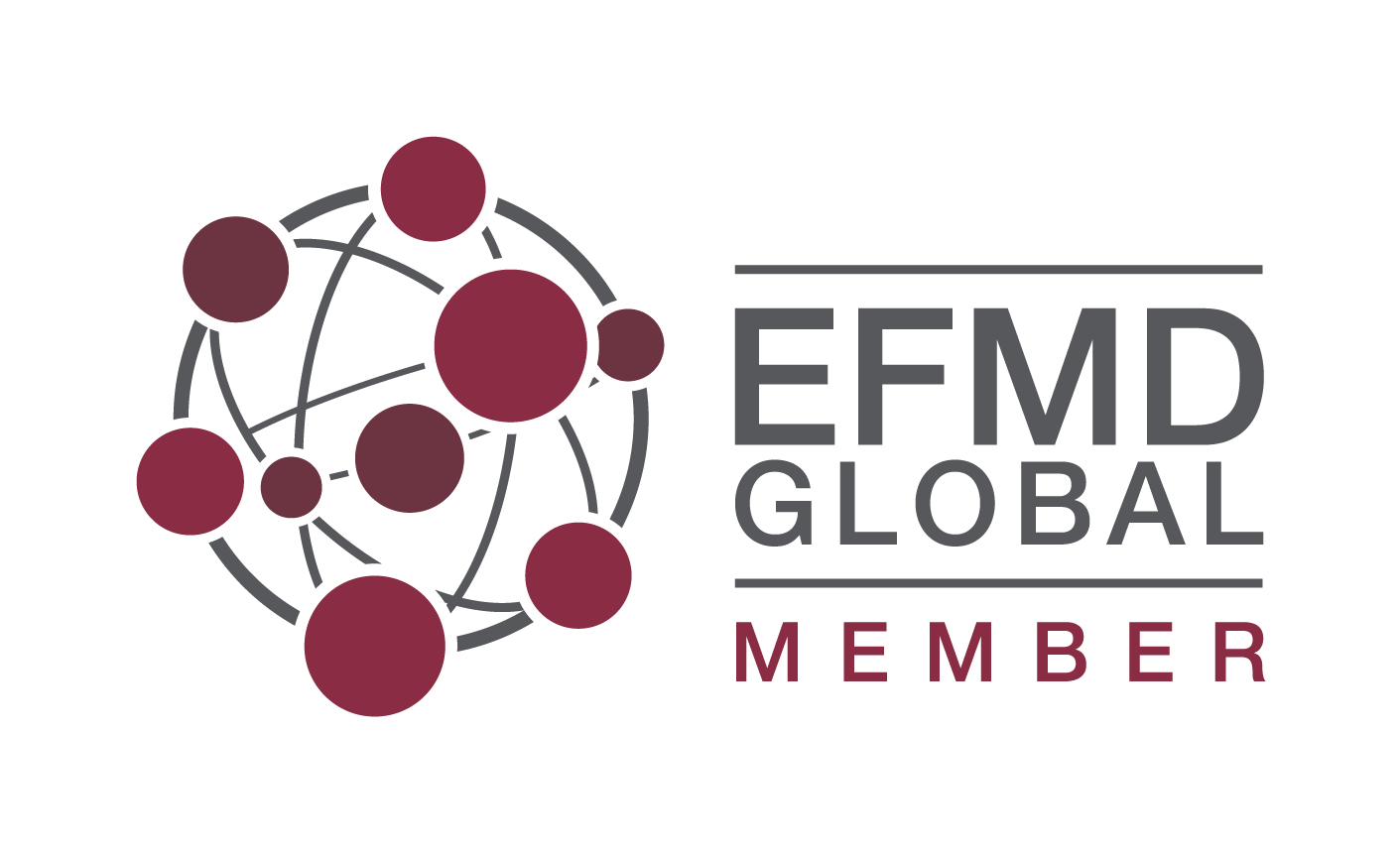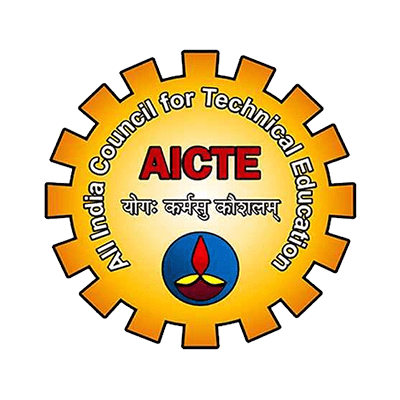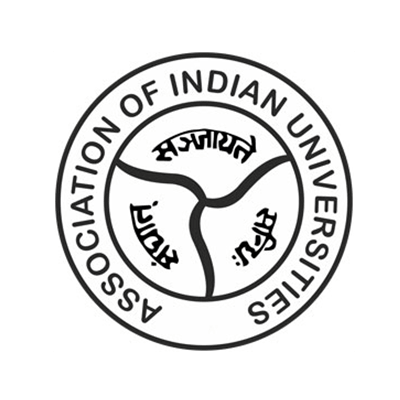IMI Kolkata organized its first Annual Management Conclave – Converse 2018, on the theme “Competitive Advantage in Today’s Business Ecosystem – Disruption with Artificial Intelligence & Machine Learning” .

The one-day event ignited insightful discussions among eminent speakers. The Inaugural ceremony was graced by the lighting of the lamp of erudition by the dignitaries, marking the start of the Conclave. In his welcome address, Professor Arindam Banik (Director, IMI Kolkata) spoke of the inception of the idea of Converse 2018 for IMI Kolkata. Mr. Amitabh Chakraborty (Managing Director & Chief Investment Officer, Kitara Capital Pvt. Ltd.), in his keynote address projected a few disruptive trends like solid-state batteries, anti-ageing medicines, health care and big data. In his speech, Mr. Kamal Agarwal (Partner, Ernst & Young) stated that more than obtaining a competitive advantage, innovation is essential for beating existential crisis. Mr. Sunil Bhandari (Executive Director – Corporate, RP-Sanjiv Goenka Group) stated on an introspective note that disrupting one selves is where true disruption begins. Professor Mohua Banerjee drew the session to a close with a vote of thanks to the dignitaries, distinguished guests, alumni members and everyone involved in the event. The tone was set for the discussions henceforth and excitement was palpable among the audience.

The first panel had an enlightening session on “Creating your Artificial Intelligence Roadmap – where to start and where to go next.” Mr. Prasun Nandy (Partner, PwC) emphasised that by 2030 there will be a 14% increase in world GDP because of Artificial Intelligence (AI) and the sectors to be most impacted will be health, education, retail and manufacturing. Mr. Rakesh Gupta (Director, ISPL) articulated the importance of planning the structure and architecture of an organisation for optimum utilization of the AI resources at their disposal. Mr. Atanu Ghosh (Founder & CEO, Bluebeaks and Salt n Soap) addressed the need to identify technologies, build capabilities by reskilling and pooling in resources to continue growing in the field of AI. Mr. Avijit Ghosh (Director, LearningMate) highlighted that by 2025 global software market will increase to 35 million dollars whereas the global education market will hike up to a billion dollars and the contribution of Augmented Reality and Virtual Reality in the various fields of education will be substantial. As the Moderator, Dr. Debasish Guha (Delivery Head, Tata Consultancy Services) reiterated the importance of data and how AI can help to make human life better while maintaining that no matter how much we emphasise on the profits of a company and ourselves, it is important not to be myopic and forget about Mother Earth .
The concept note address by Mr. Mohit Kampani (CEO, Aditya Birla Retail Ltd.) posed a pertinent question “If humans created machines, why can’t humans teach machines to learn like humans?” While distinguishing between “digitization” and “digitalization”, he pointed out that adding analytics to digitalization adds a different dimension and that is how asset-light companies like Uber, Facebook, AirBnB, Netflix, Skype and Google are changing the world with their disruptive business models. It is intelligent automation that ultimately enables organizations to augment capabilities to ‘do’, ‘analyse’ and ‘decide’.

The second panel shared their insights on the topic “Unlocking Technology to create Meaningful Business Metrics”. The Moderator for the afternoon, Mr. Sanjay Banerjee (Partner, AMROP India) emphasized on the advent of digitalization in healthcare and listed a number of metrics on health outcomes, guidance to medical practitioners, insurance policy making, insurance claims and revenue, which have benefited as a result of digitalization. Mr. Jyotirmoy Bhattacharya (Country Group Head – Mahindra & Mahindra Financial Services Ltd.) identified technology breakthrough as a major reason behind the increased standard of living. Mr. Benjamin Mathew (Partner, MART) identified that while implementation of AI in various government platforms such as the Jan Dhan Yojana was imperative, the urgent requirement of technology was to solve real problems, like the availability of drinking water. Mr. Partho Dasgupta (Chief Mentor, RIL – Textiles) provided food for thought by urging the students to develop their innate intelligence as AI will not have a role to play when the business situation demands display of real intelligence. The last speaker in the panel, Mr. Sourav Daspatnaik (CEO, Swach Environment Private Limited, a SREI Initiative) continued on the social aspect and encouraged the need for technology to develop holistic and sustainable development, concentrating mainly on three focal areas – people, planet and profit.
The eventful day came to an end with the final panel discussion on “Using technology for HR practices” that explored the connection between technology and the field of human relations.

Mr. Saptarshi Bhattacharaya(Head, Employee Relations, Bajaj Allianz General Insurance Co. Ltd.) articulated his vision for AI in HR as “redefining the jobs, not replacing them,” therefore, bringing in new engagement. Mr. Jigar Avlani (Associate Director, Human Capital, PwC) emphasized that through Artificial Intelligence HR is transitioning from mundane jobs and in the distinct future human resource employees will be known as business advisors. Hence it is necessary to unlearn the learnings and develop new skills to coexist with machines in this technologically advanced era. Mr. Subroto Basu Chaudhury (Cluster HR Head, South Asia, The Linde Group) restated that it is essential to “Leverage technology, become smart and simplify the routine tasks.” Mr. Judhajit Das (Chief, Human Resource, ICICI Prudential Life Insurance Co. Ltd.) highlighted that “HR is all about high-touch and not high-tech”, hence there is a constant need to balance technology with the human touch. Ms. Ajanta Chatterjee (Vice President, Human Resources, JSW Steel Ltd.) elucidated through some interesting anecdotes that we have the means to optimally employ the growing technologies, yet it is still unclear as to how far we have been able to achieve that. As the moderator of the panel, Dr. Soni Agarwal (Associate Professor, OB & HR, IMI Kolkata) emphasized the fact that “change is the new future” and will bring many new opportunities in the field of HR.

Mementos were presented to the guests as a parting token of gratitude and appreciation. Converse 2018 came to an impressive and successful end, leaving the entire IMI Kolkata fraternity eager for a bigger and more magnificent event next year.












